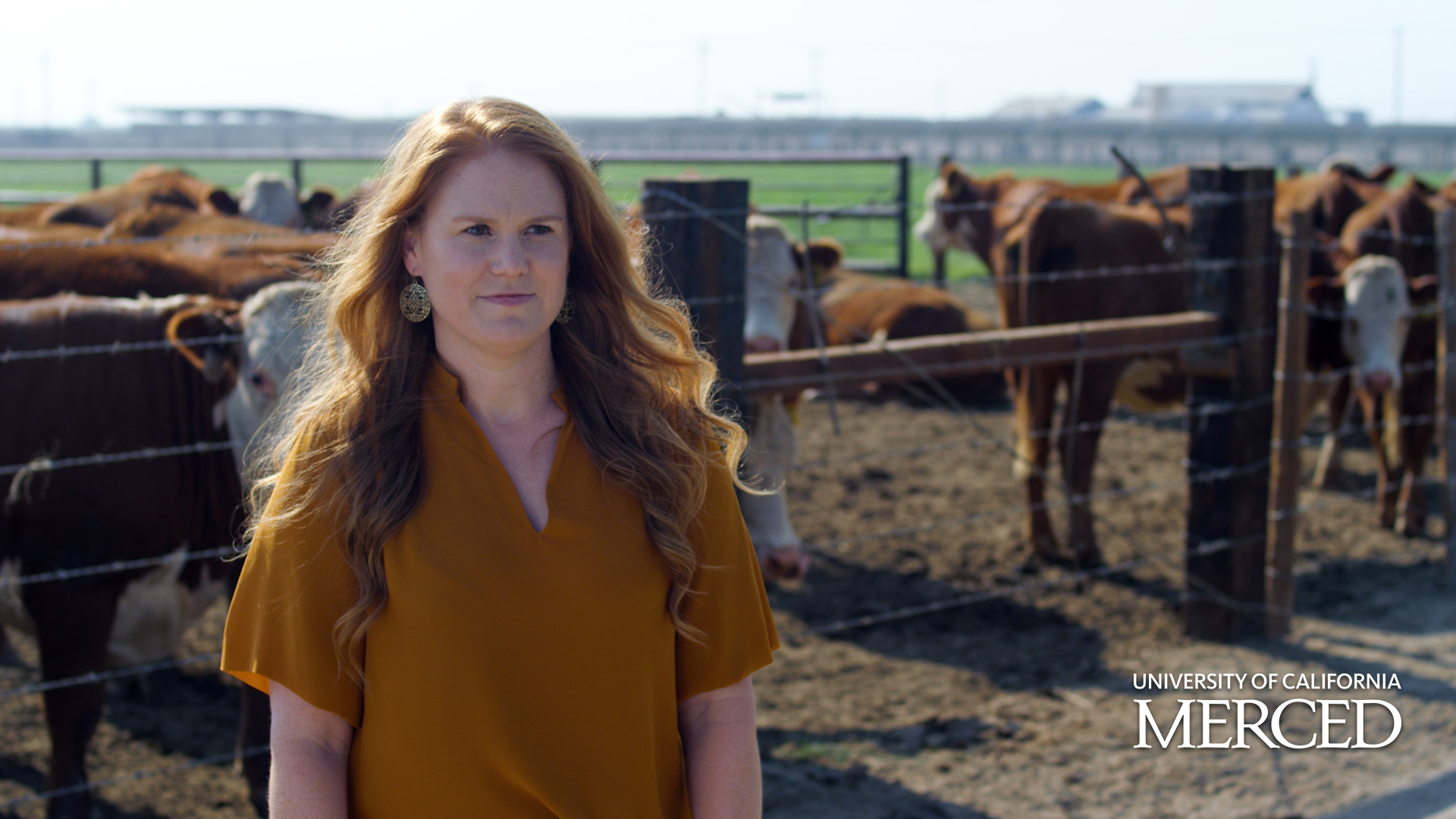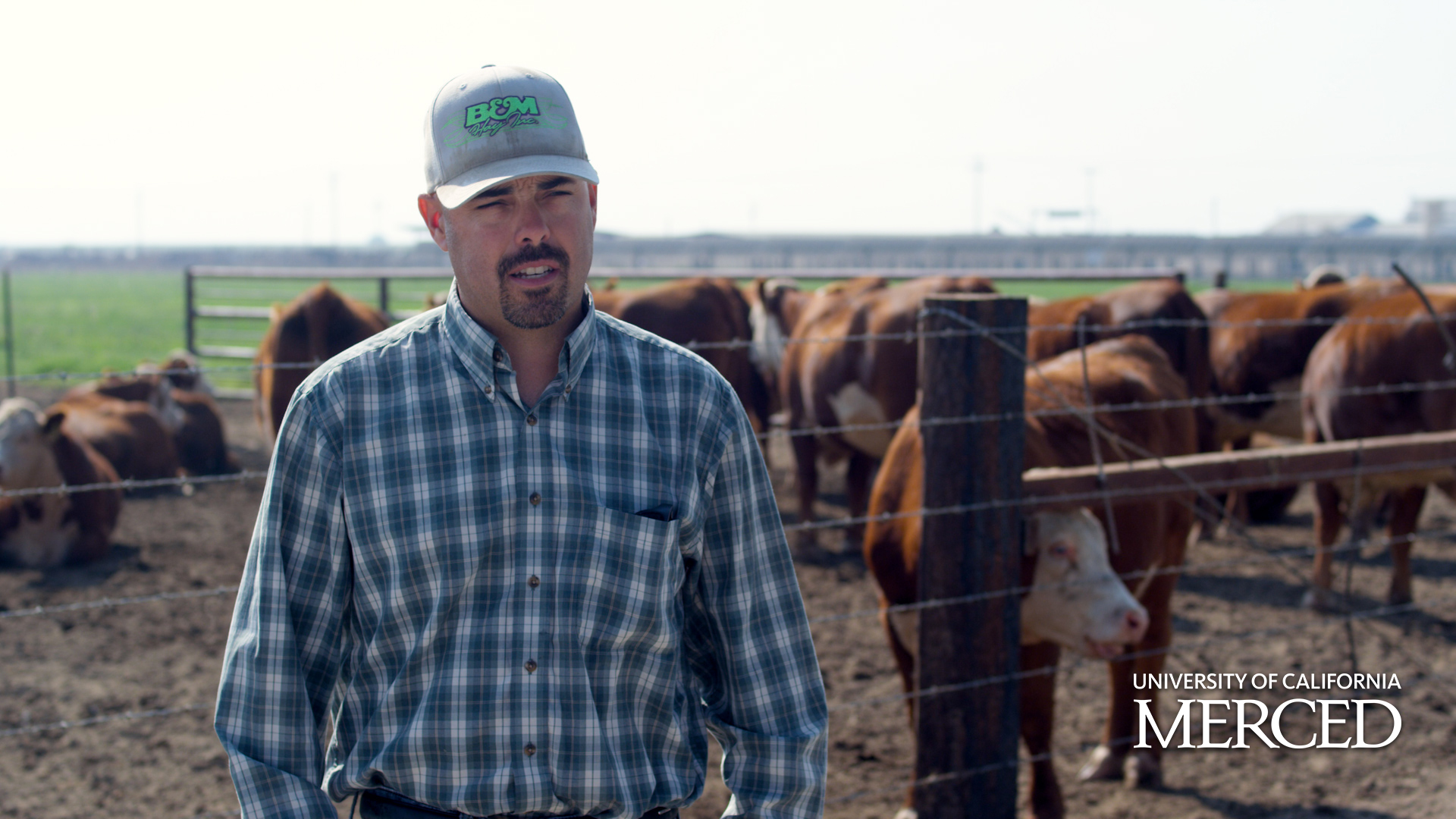As the COVID-19 pandemic forced the closure of markets and restaurants, the normal flow of food products from Central Valley farms was blocked. Farmers suddenly had more product than they could sell. Food waste soared. Vegetables were turned into mulch. Thousands of gallons of milk were thrown out.
Researchers from UC Merced stepped in to work with agricultural and community leaders to build food supply chains that are more resilient, allowing products to reach food banks and other alternate outlets more easily. The solutions will address not only the pandemic’s upheaval but the persistent problem of food and water insecurity in under-represented populations. It’s another example of how UC Merced elevates the Valley with intellect and compassion.
Beyond the Episode
Bill Gibbs | Executive Director, Merced County Food Bank
While the need to distribute to food-insecure residents increased tenfold, donations plummeted by 90 percent, Gibbs says. Big-box retail stores that normally donated to the food bank competed with it for wholesale products “because the supply chain was all messed up.”
Breanne Ramos | Executive Director, Merced County Farm Bureau
The agricultural families for whom the farm bureau advocates saw markets for their produce shrink or disappear, Ramos says. Some simply left the state. “Things have been so shut down due to the pandemic, you have those difficulties in continuing your operations.”
Gino Pedretti | Rancher, Pedretti Ranches
Pedretti, a fourth-generation rancher, lost the commercial market for his crops when restaurants closed. And processing limitations meant he couldn’t pivot to retail markets. “You’re not going to go to a supermarket and buy a 50-pound block of cheese or a 15-pound tub of butter.”







